By Jessica Gammett
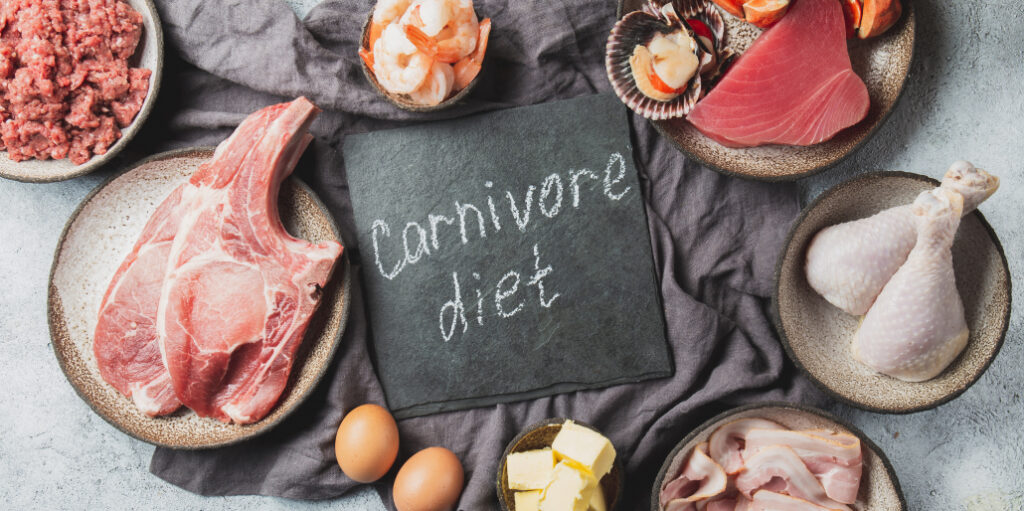
What you choose to eat is as important as who you choose to be around. How your food makes you feel is the most important reason to eat food or stay away from it. Do you get sick to your stomach after eating a large plate of feticcini alfredo? Have you ever wondered if it was the cheese sauce or the pasta? Or do you feel generally tired and sluggish all the time? Do you suffer from brain fog or mental exhaustion? Maybe you just feel sick all the time and suffer from autoimmune diseases that you think are unavoidable?
The Autoimmune Protocol – AIP Diet
https://b2022divw6rrxu2hu84itig544.hop.clickbank.net
If you’re ready to FINALLY get vibrant health, incredible energy, and laser-sharp mental focus, you owe it to yourself to follow the Autoimmune Protocol Diet.
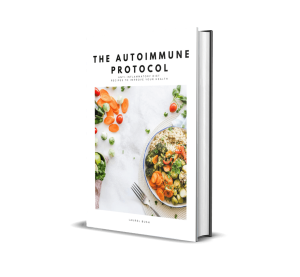
Even if you’re completely new to this natural, wholesome way of eating, you’ll quickly discover all the tips and tricks you’ll need to properly fuel your body and mind and get rid of toxic, processed foods for good!
Start eating for optimal health, energy, and longevity. Here’s just a small sample of what you’ll discover with this plan:
• You’ll find out the biggest health benefits of the Autoimmune Protocol Diet, and how these benefits can tremendously improve your life!
• You’ll discover exactly how the Autoimmune Protocol Diet works, so that you’ll be motivated to adopt this health-boosting lifestyle as quickly as possible!
Receive all these E-Books and More!
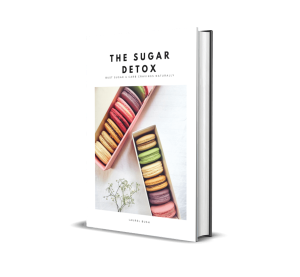
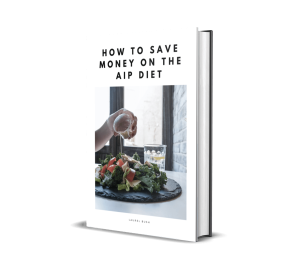
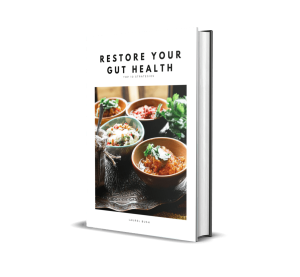
How do you find out? I had all kinds of issues with my stomach after eating as well as issues later in the day depending on what I ate. With high-carb foods like pasta, rice, or pie, I would have debilitating cramps in my legs to the point of having to stand up and force my legs and feet to stop cramping. I found that taking large amounts of magnesium and drinking lots of water helped after about an hour. But the lingering pain of the cramps made me wary of eating high-carb foods.
If I ate high-carb foods at night, not only did I have horrible cramps, but I could feel my racing heart rate. My heart rate would get up to 90 just laying there after eating a high-carb food. That was alarming, to say the least.
And of course, like many of you, I recognized that eating a high-carb diet was causing me to be quite overweight. At my heaviest, I was 225 pounds when my ideal range is between 135-155 pounds. I found that I personally cannot weigh less than 145 for comfort and aesthetics. I was just too skinny and didn’t feel good below 145. I am 5’7. Of course, your ideal weight will be different.
So, with all of that, I first started with a Keto diet, more specifically, the Atkins diet. I ate lots of salads, cheese and dairy, meats, low carb veggies, and pork rinds and nuts. I ate eggs and bacon for breakfast, salads for lunch, and big hunks of meat with butter and veggies slathered in cheese or butter for dinner. It was great. I was losing weight and had more energy than ever. So why did I change? I decided to try intermittent fasting.
30 day Carnivore Challenge and Ebook
https://436c74j8thiq7q48wrl5yfhd3z.hop.clickbank.net
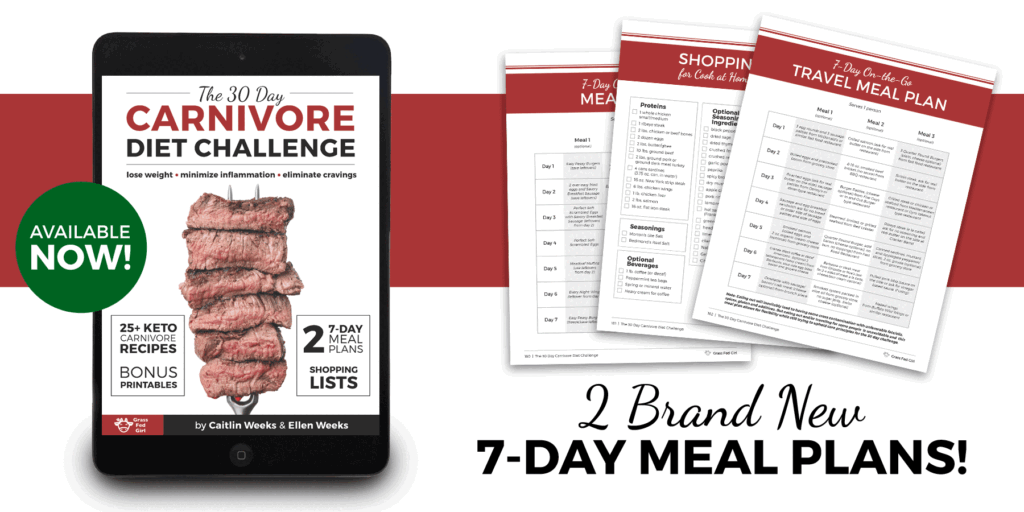
With intermittent fasting, the weight loss was increased, my brain fog was completely obliterated, and my relationship with food completely changed from one of a lifestyle of constantly thinking about and planning the next meal to one where food was just fuel. The only problem was when I would break my fast, I often felt ill. A friend of mine told me to start taking note of what I was eating when this happened. Since I was already fasting, it was quite easy to do an elimination type of fast-breaking. I would only eat one thing for the first hour or two and see how my body handled it.
Doing this, I found that almonds and nuts made me sick to my stomach. I was quite sad about this because I loved nuts. But while eating all kinds of foods, I had no idea that the nuts were one of the reasons I often felt ill after eating. I later found out pork made me sick to my stomach. That was also a serious blow because pork is cheap and tasty. I do not have a stomach issue with cured bacon or ham, just fresh pork and sausage-I’ll write another article about that some other time.
So, I began to eat only one food item coming off of a fast to see how each thing I ate made me feel. Chicken felt like cardboard, filling but not like it was actually giving me strength or sustenance. Beef felt amazing. I could actually feel it nourishing me as well as getting rid of my hunger. Fish was like chicken. It didn’t hurt my stomach; it just didn’t feel satisfying at all. It really did feel like I just put something in my stomach. Cheese and dairy products blew up in my stomach like a helium balloon. I never noticed how horrible dairy made me feel until I had it alone on an empty stomach!
Keto Masterclass and Carnivore Diet Guide from Robb Wolf
https://8b3d87i9schh6r89k0d0fivp62.hop.clickbank.net

https://8b3d87i9schh6r89k0d0fivp62.hop.clickbank.net
What I never did was break my fast with vegetables. It never occurred to me to do that because “everyone knows veggies are healthy”, right? So, I am not saying veggies are unhealthy, per se, but I am saying they should never get a pass in your life simply because they are veggies. Up to the point where I began seriously contemplating the carnivore diet, I had never considered veggies, except high carb veggies, to be anything other than necessary and healthy. I never thought to check to see if there were any papers or articles that showed definitively that veggies were healthy or necessary. I mean, seriously, everyone knows veggies are healthy and necessary, right? At least that is what we are told.
So, as I began my carnivore research (I seriously research everything!), I asked the questions we all would. “Where will I get my Vitamin C?” “How will I get all my vitamins and minerals?” “Where will I get my fiber?” “Won’t I get deficiencies like scurvy?” “Won’t I get constipation?” “Don’t I NEED the micronutrients in veggies?”
As it turns out, meat is far better at providing ALL of the nutrients we require. While some will tell you that broccoli contains more protein per calorie than steak and, per calorie, spinach is about equal to chicken and fish, what they don’t tell you is how MUCH broccoli you’d have to eat to get the same calories as a piece of steak! The average 8 ounce cut of beef is over 500 calories, almost 600. To equal that many calories from broccoli, you’d have to eat 25 CUPS of broccoli! So now how would you like to get your protein? 8 ounces of beef or 25 cups of broccoli? And what about the other nutrients?
Here is a sample of foods of a few foods and the various nutrients all based on 100 grams, which is much more of a normal size of veggies and fruits.
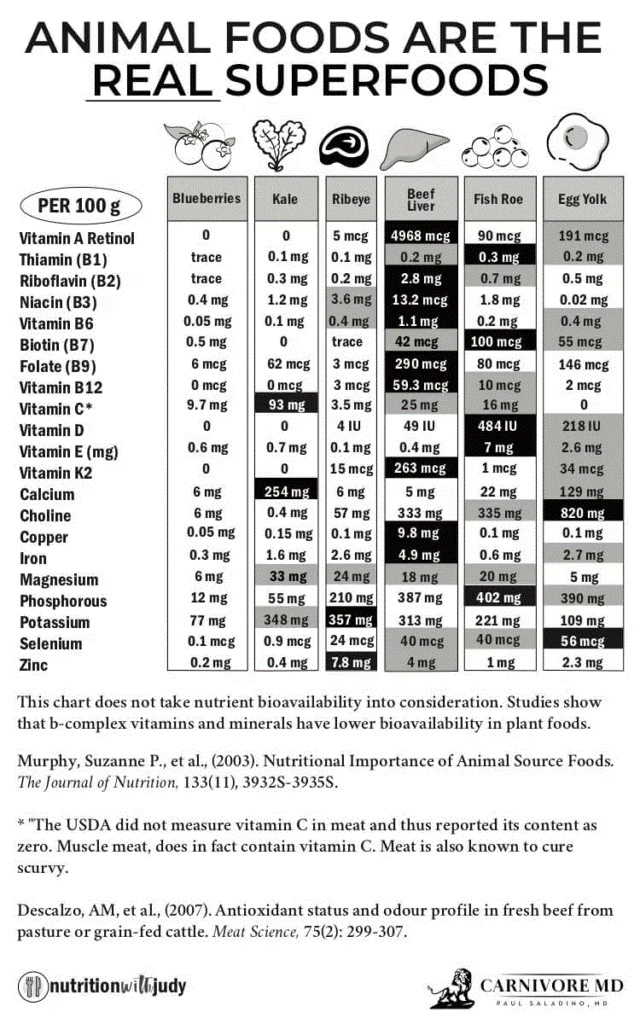
https://michaelkummer.com/health/plants-vs-meat/#0-nutrients-in-plants-vs-animals
The USDA does not measure Vitamin C in meat and so lists it as zero. It is not zero though. This chart also does not take into account the bioavailability of nutrients. It is not well known yet, but the nutrients in vegetables are NOT as easily absorbed or utilized by the body. Meat on the other hand does not have the same issues with a lack of bioavailability. The nutrients in meat are incredibly bioavailable to the body in the form needed for immediate absorption. And the lower Vitamin C levels that are present in meat are made up in a carnivore diet by understanding that without eating carbs or sugars of any kind, the body doesn’t even NEED 1,000s of milligrams of Vitamin C. I will write more articles about bioavailability and Vitamin C in meat later. They deserve their own discussions.
But I will leave you with a few interesting ideas. According to studies, those who eat more carbs need more Vitamin C than those on low-carb diets. One study even showed that blood levels of Vitamin C in low carb eaters were higher than those of high carb dieters. * https://pubmed.ncbi.nlm.nih.gov/21521539/
Another interesting tidbit is that sailors knew that eating fresh meat prevented and cured scurvy. So why didn’t sailors just eat fresh meat on their voyages across the world? Because it would rot. So they dried it, and dried meat loses its Vitamin C. That is why they began taking citrus fruits on voyages and hence why they are called “limeys”.
So back to the story. I also researched the need for fiber since I would be giving up all fiber by eliminating vegetables. Wouldn’t I get constipated? Turns out that fiber actually causes constipation!
I didn’t think I would ever hear that because “eating a low fiber diet is known to cause constipation”…everybody knows that, right? But being the health sleuth I am, I did the research and was really quite shocked to find that no fiber diets are perfectly fine and reduce constipation, bloating, and gas! I can attest that I do not have any of those issues eating a carnivore diet. Seriously, no farts! And here is a snippet from a study performed at submitted to the World Journal of Gastroenterology on the effects of no and low fiber versus high fiber diets:
RESULTS: The median age of the patients (16 male, 47 female) was 47 years (range, 20-80 years). At 6 mo, 41 patients remained on a no fiber diet, 16 on a reduced fiber diet, and 6 resumed their high fiber diet for religious or personal reasons. Patients who stopped or reduced dietary fiber had significant improvement in their symptoms while those who continued on a high fiber diet had no change. Of those who stopped fiber completely, the bowel frequency increased from one motion in 3.75 d (± 1.59 d) to one motion in 1.0 d (± 0.0 d) (P < 0.001); those with reduced fiber intake had increased bowel frequency from a mean of one motion per 4.19 d (± 2.09 d) to one motion per 1.9 d (± 1.21 d) on a reduced fiber diet (P < 0.001); those who remained on a high fiber diet continued to have a mean of one motion per 6.83 d (± 1.03 d) before and after consultation. For no fiber, reduced fiber and high fiber groups, respectively, symptoms of bloating were present in 0%, 31.3% and 100% (P < 0.001) and straining to pass stools occurred in 0%, 43.8% and 100% (P < 0.001).
CONCLUSION: Idiopathic constipation and its associated symptoms can be effectively reduced by stopping or even lowering the intake of dietary fiber.
* https://www.ncbi.nlm.nih.gov/pmc/articles/PMC3435786/
I could go on providing more and more information regarding the Carnivore diet, but I want to give you just enough information for you to do as I did and go do the same research. Nobody should be following diet advice from someone else without doing the research to understand what they are embarking on. I will discuss later the need of Vitamin C and the bioavailability of veggies because those are both discussions that need a lot of room and individual thought.
For me, the diet is simple, delicious, and great for maintaining my health and weight. Its also great for health in general. I guess there’s another topic of discussion for a later date! But I will leave you with a graphic of a study done by Harvard University on the Carnivore diet to whet your intelligence appetite!
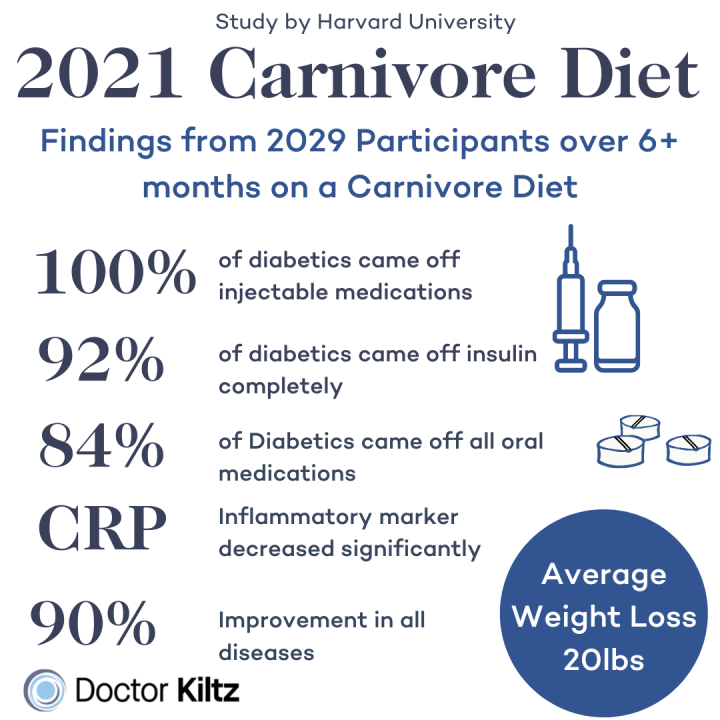
Let me know your thoughts in the comment section and ask questions!
Check out these links for help with the Keto diet, Carnivore Diet, and the Autoimmune Protocol Diet to help maintain this website.
30 day Carnivore Challenge and Ebook
https://436c74j8thiq7q48wrl5yfhd3z.hop.clickbank.net
Keto Masterclass and Carnivore Diet Guide from Robb Wolf
https://8b3d87i9schh6r89k0d0fivp62.hop.clickbank.net
The Autoimmune Protocol – AIP Diet
https://b2022divw6rrxu2hu84itig544.hop.clickbank.net
Recommended further reading:
https://pubmed.ncbi.nlm.nih.gov/21521539/
https://www.doctorkiltz.com/vitamin-c-on-carnivore-diet/
https://michaelkummer.com/health/plants-vs-meat/#0-nutrients-in-plants-vs-animals